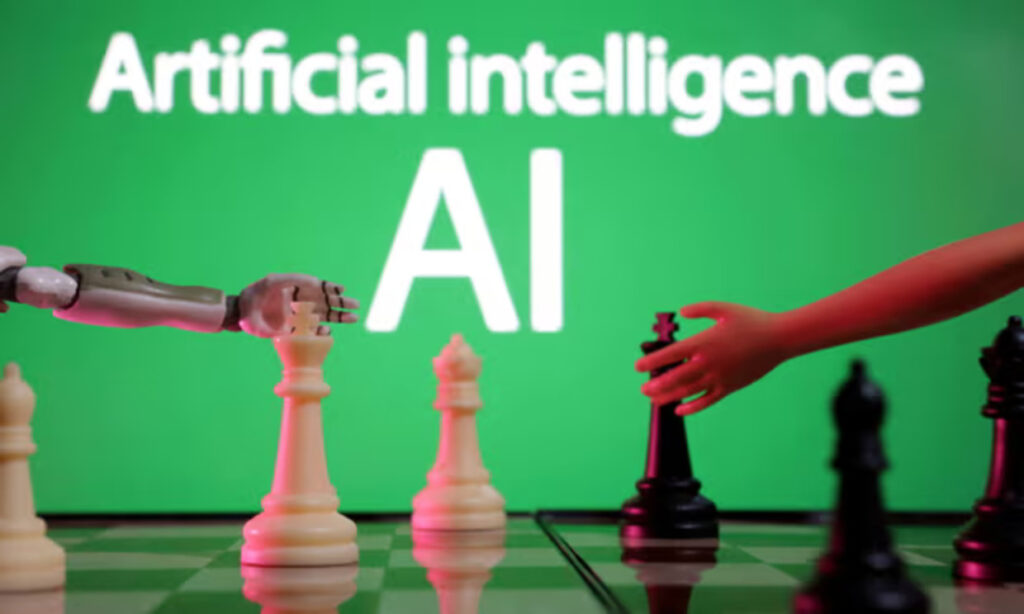the latest legal milestone as the UK Supreme Court rules that artificial intelligence (AI) cannot be designated as an inventor for patent rights. The decision follows a protracted dispute between US technologist Dr. Stephen Thaler and the Intellectual Property Office over the AI entity named DABUS. Dive into the details of the judgment, highlighting the court’s emphasis on the requirement for inventors to be humans. Explore the broader implications for AI developments and patent law in a world increasingly shaped by technological advancements.
UK Supreme Court Rules on Artificial Intelligence (AI)
In a landmark decision, the UK Supreme Court has ruled that artificial intelligence (AI) cannot be legally designated as an inventor to secure patent rights. The judgment, delivered on Wednesday, asserts that “an inventor must be a person” under the current law, concluding a long-running dispute between US technologist Dr. Stephen Thaler and the Intellectual Property Office (IPO).
Thaler had taken the IPO to the country’s highest court after his attempt to list an AI named DABUS as the inventor for two patents was rejected. According to the US-based developer, DABUS autonomously created a food or drink container and a light beacon, and he claimed entitlement to rights over its inventions. However, the IPO rejected Thaler’s application in December 2019, stating that the AI was not a person and, therefore, ineligible to be registered as an inventor in patent applications.
The high court and the court of appeals upheld the decision in July 2020 and July 2021, respectively. After a hearing in March, a panel of five supreme court justices unanimously dismissed Thaler’s case.
The heart of the DABUS dispute focused on the application process under the Patents Act 1977 legislation, and the judges clarified that their decision did not address whether the AI actually created the inventions. Lord Kitchin, delivering the judgment, emphasized that the IPO was correct in determining that “DABUS is not and was not an inventor” and stressed that it is “not a person, let alone a natural person.”

The court rejected Thaler’s argument that he could apply for patents for DABUS inventions based on his ownership of the AI. Kitchin highlighted that DABUS is “a machine with no legal personality,” and therefore, Thaler has no independent right to obtain a patent for any technical advance created by the AI.
According to Kitchin, the IPO was justified in considering Thaler’s applications as “withdrawn” under patent rules because he failed to identify any person or persons believed to be the inventor of the described inventions.
The Supreme Court’s ruling underscores the legal perspective that patents, which confer protective legal rights, are granted for inventions created by individuals who meet certain criteria of novelty, inventiveness, and applicability. The decision comes at a time when AI developments, such as Open AI’s Chat GPT technology, are undergoing increased scrutiny for their potential impact on education, the spread of misinformation, and the future job market.
Thaler’s legal team had argued that patent law does not explicitly “exclude” non-human inventors and lacks requirements regarding “the nature of the inventor.” In response, Stuart Baran, representing the IPO, emphasized that patent law necessitates the identification of the person or persons believed to be the inventor.
This ruling sets a precedent in the evolving landscape of AI and patent law, shedding light on the legal recognition of inventions produced by AI entities and establishing the importance of human inventorship in the patent application process.
